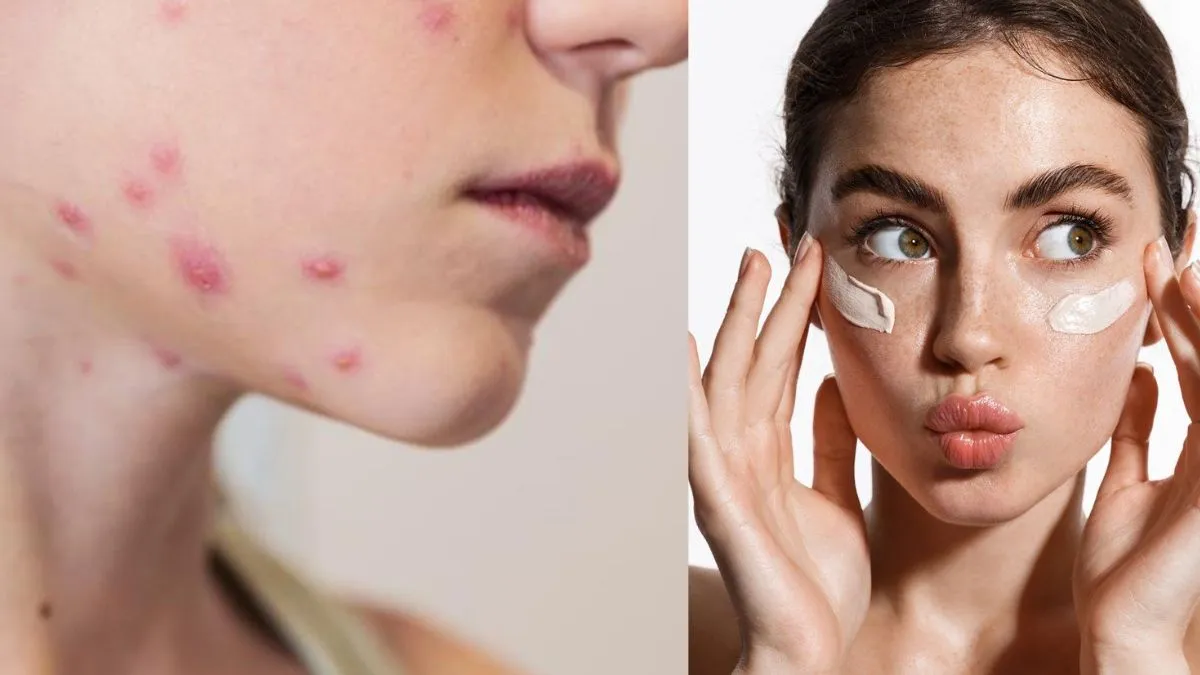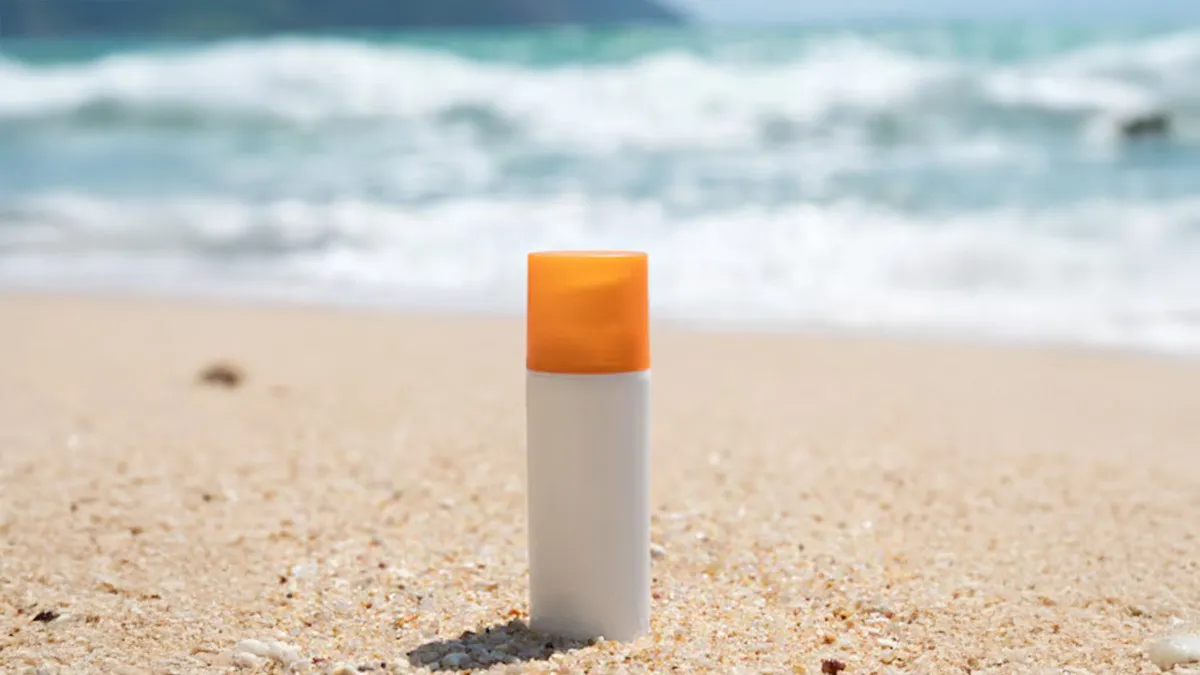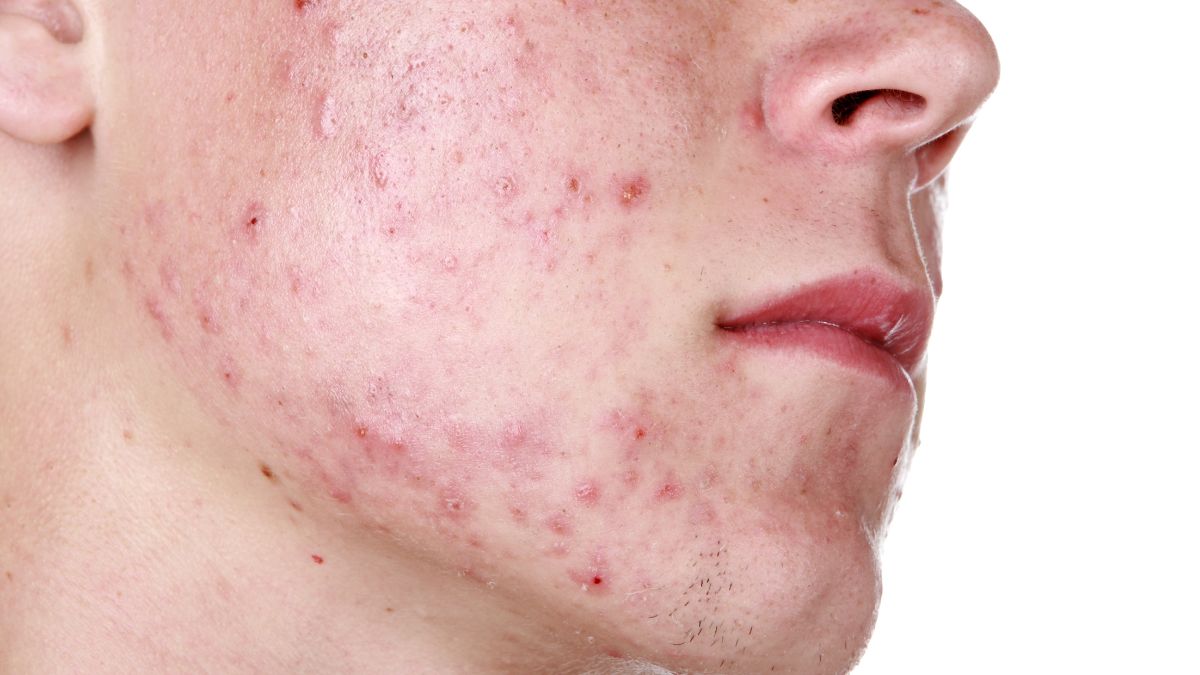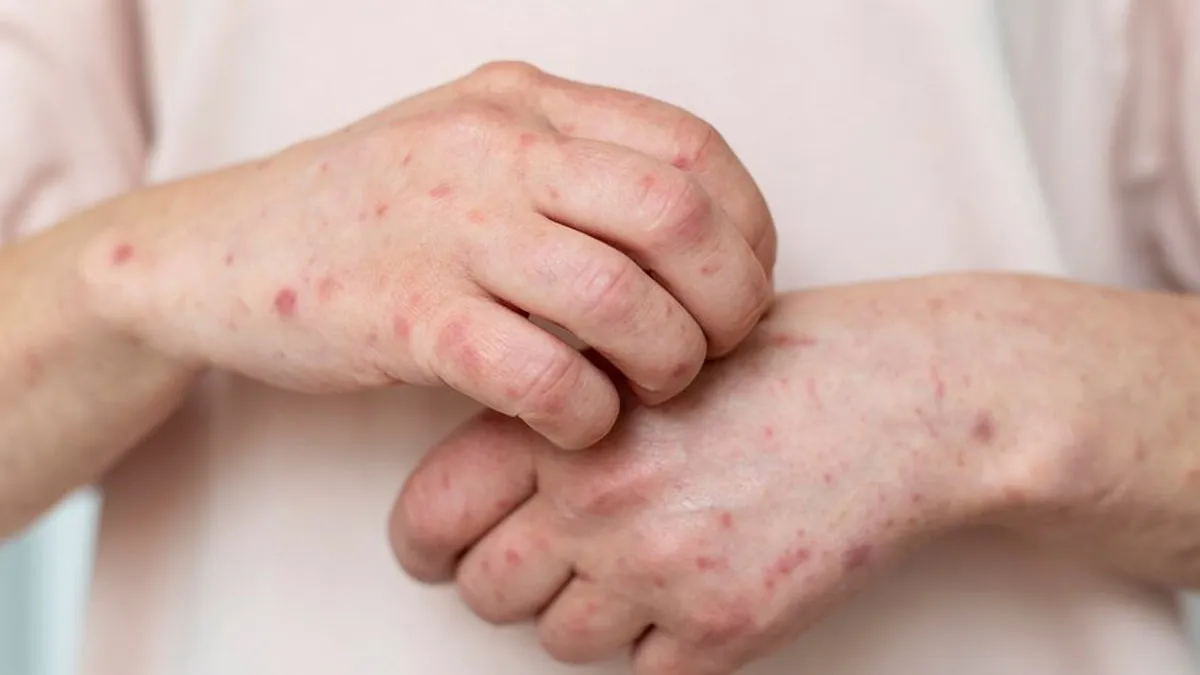
Chickenpox may go away after a few weeks, but the scars it leaves behind can stick around for months, sometimes even longer. It can often leave many feeling self-conscious and embarrassed about their appearance. Whether it's on your face or other visible parts, these marks may affect your confidence. You might wonder if sunscreen can help fade them or at least stop them from darkening further.
Table of Content:-
To understand whether it’s actually safe and useful to apply sunscreen to chickenpox scars, we spoke with Dr Tejaswi Cherukuri, Consultant Dermatologist, Apollo Speciality Hospitals OMR, Chennai.
Why Sunscreen is Important for Chickenpox Scars![]()
Dr Tejaswi emphasises, “It is very safe to apply sunscreen on healed chickenpox scars. In fact, we recommend applying sunscreen once the lesions have fully healed.” She advises against applying sunscreen when the blisters are still raw or there is any active discharge or bleeding from the lesions. “You need to wait for the scabs to fall off naturally and the skin to heal completely before using sunscreen for better results,” explains Dr Tejaswi.
Sunscreen protects scars from harmful ultraviolet (UV) rays, which can darken scars and make them more noticeable. Regular application helps reduce the risk of pigmentation changes and supports even healing of the skin.
ALSO READ: Eating Chicken During Chickenpox: Safe or Risky? Nutrition Tips for Faster Healing
How to Use Sunscreen Effectively on Scars![sunscreen on chickenpox scars sunscreen on chickenpox scars]()
To get the best benefit from sunscreen, the expert suggests:
- Apply sunscreen with at least SPF 30 every three hours, especially if exposed to sunlight.
- Use broad-spectrum sunscreen to block both UVA and UVB rays.
- Choose sunscreens formulated for sensitive skin or scar-prone areas to prevent irritation.
- Combine sunscreen use with other scar care methods such as moisturisers or scar-reducing creams after consulting your dermatologist.
If scars are deep or pigmented, your dermatologist might suggest treatments like mild chemical peels, laser therapy, or topical retinoids, but only once the skin has healed completely.
How to Care for Chickenpox Scars Safely![]()
Dr Tejaswi also suggests a gentle skin-care routine to support recovery and prevent pigmentation:
- Avoid harsh scrubs or exfoliants as they can irritate the healing skin.
- Keep the area moisturised with a light, fragrance-free lotion.
- Don’t pick scabs or scratch scars, as this increases the risk of permanent marks.
- Choose a non-comedogenic sunscreen (one that doesn’t clog pores).
- Apply sunscreen even indoors if you sit near a window or use devices for long hours, since blue light can also darken scars.
A review published on LivDerm highlighted how sunscreen plays a major role in healing skin after injuries or irritation. The study found that people who used broad-spectrum sunscreen regularly after their skin healed were far less likely to develop dark spots or post-inflammatory hyperpigmentation. In some cases, the risk dropped by as much as 98%. This shows that once chickenpox scars have completely healed and the scabs have fallen off, applying sunscreen can help prevent those spots from turning darker, protect the skin from sun damage, and support smoother, more even-toned recovery.
ALSO READ: Is Camphor Safe and Effective for Chickenpox? What You Need to Know
Conclusion
Applying sunscreen on chickenpox scars is not only safe but highly recommended to prevent darkening and promote healthy skin healing. According to Dr Tejaswi Cherukuri, waiting until the skin has completely healed before starting sunscreen treatment ensures the best results. With consistent sun protection and proper skincare, chickenpox scars can fade and become less noticeable over time. Always consult with a dermatologist for personalised care and treatment options.
Also watch this video
How we keep this article up to date:
We work with experts and keep a close eye on the latest in health and wellness. Whenever there is a new research or helpful information, we update our articles with accurate and useful advice.
Current Version
Nov 01, 2025 10:55 IST
Published By : Vivek Kumar


